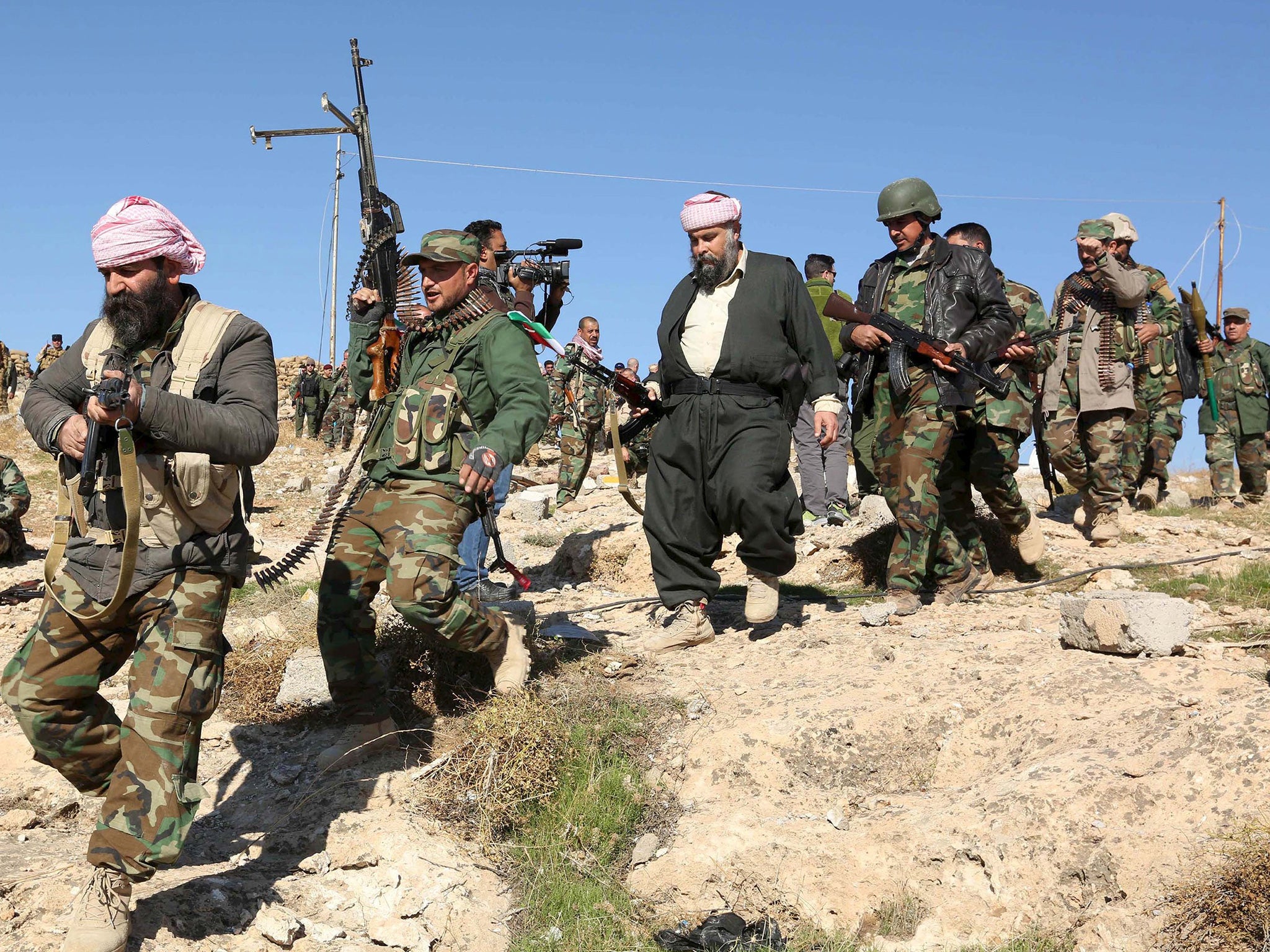Letter from the editor: Two big wins in the fight against a very modern enemy
The battle of Sinjar was a loss of territory for Isis, but the loss of Mohammed Emwazi deprives the group of its chief propagandist

Not a great week for Isis, then. US-backed Kurdish Peshmerga fighters liberated the Iraqi town of Sinjar, held since last year by the fascistic scum that call themselves Islamic State, who had killed and enslaved thousands of Yazidis during their occupation. Then Mohammed Emwazi, the Kuwaiti-born beheader educated at the University of Westminster who acquired fame as “Jihadi John”, was killed by a US air strike.
We’ve got the best journalists in the world on this subject giving you their take, so I won’t detain you on the subject for long – except to mention one aspect. It’s interesting to consider what these two defeats for Isis tell us about warfare today.
The battle for Sinjar was a territorial one: Isis lost a strategically significant town after investing money, guns and blood in keeping it. The loss of Emwazi is categorically different. He may have been only one, virtually worthless, life; but his death deprives Isis of its chief propagandist, and by extension, reduces in the short term its capacity to spread terror.
It did this not just with military conquests, but media conquests too: tacky though it may sound, Emwazi was a social-media celebrity, able to reach millions if not billions through Twitter and Facebook. That is why, of all the charges levelled against this militia group, many of whose members were commanders and infantrymen in the Iraqi army, the idea that it is medieval is plain wrong. In fact, through its use of social media, and its origins in the most recent, botched Gulf war, Isis is a profoundly modern enemy.
Perhaps it would have been better for all of us if Emwazi had stood trial in, say, The Hague. But that was never going to happen, was it? The idea that you can capture someone like him in a place like Raqqa isn’t too plausible when you start to think about it. That is why Jeremy Corbyn is getting so much stick for releasing a statement, the core of which was Emwazi ought to “have been held to account in a court of law”. Of course that would have been preferable. But of course it wasn’t very likely – just as Corbyn becoming prime minister isn’t very likely.
We revealed this week that the Labour leader may update party rules to tighten his grip on power. On Question Time a member of the audience wondered if he was being bullied by the media. Well, not by us: we treat him the same as other politicians, applying our standards of scrutiny and fairness to all that he does. (For instance, the idea that, as a republican, he should kneel before the Queen, or that he failed to show respect for our war dead, is just stupid). But Corbyn is finding it was much easier to lead a popular movement than a prospective government.
Someone who might have done the latter with aplomb is Vince Cable. Imagine if he’d kept his seat in Twickenham: might the historic, increasingly pointless and damaging rupture on Britain’s left have healed by now, with Vince at the helm? We shall never know. But his warning is a reminder that Westminster has lost one of its better recent servants.
Join our commenting forum
Join thought-provoking conversations, follow other Independent readers and see their replies
Comments
Bookmark popover
Removed from bookmarks